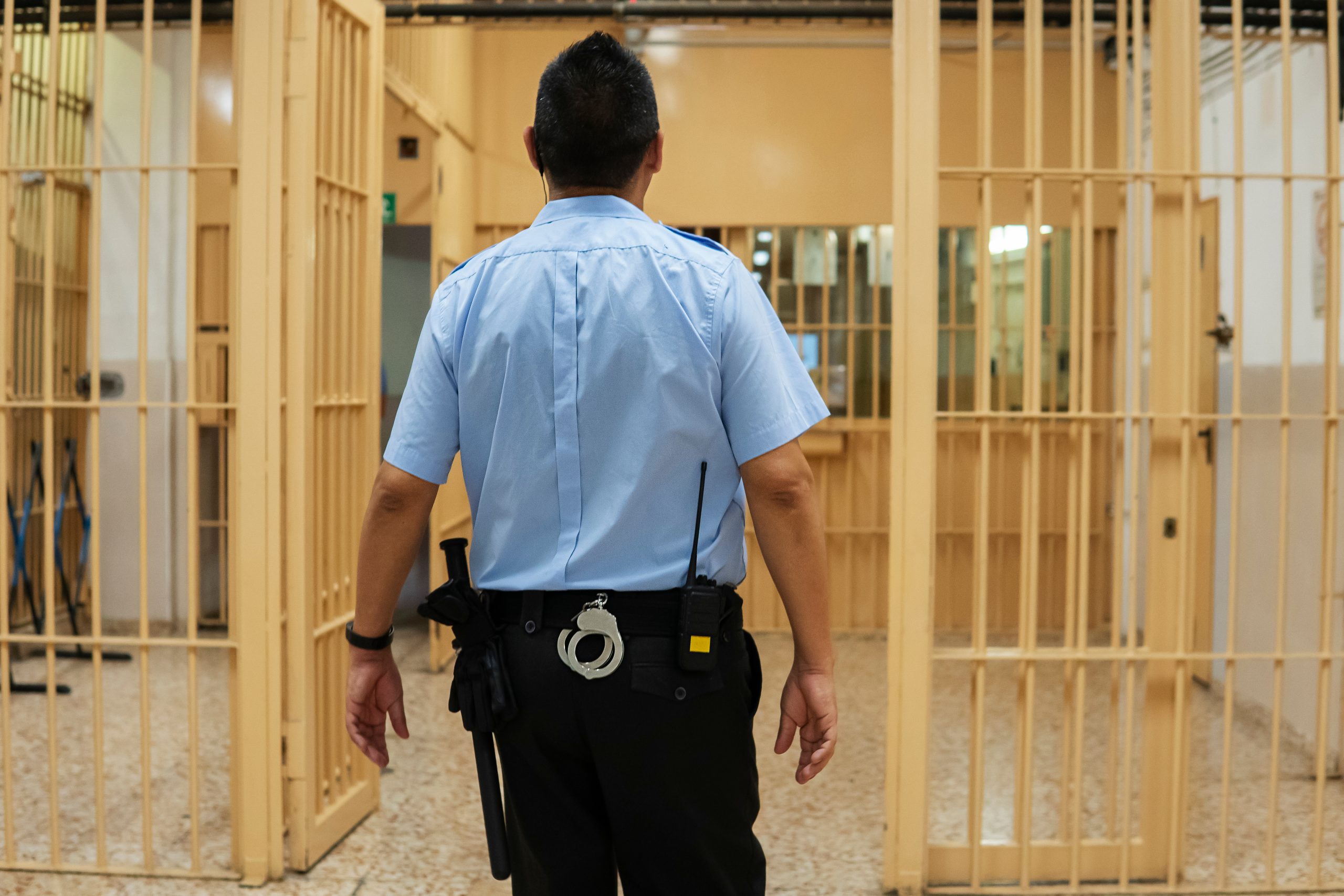Criminal Justice Bachelor of Science
Mission
Our mission is to provide students with a high-quality liberal arts education in the interdisciplinary field of criminal justice. Maintain a network of local, state, federal and academic institutions through outreach and research. Criminal Justice majors are prepared to engage in civic endeavors and to assume field positions in criminal justice and social service agencies or enter graduate programs.
What is Criminal Justice?
Criminal Justice is the study of the multitude of issues, theories, policies, practices, and current challenges related to the ethical administration of justice in a free society.
Learn more about our program!
What can I do with a Bachelor of Science in Criminal Justice?
Criminal Justice majors are prepared to engage in civic endeavors and to assume field positions in criminal justice and social service agencies or enter graduate programs.
Graduates of the program will be well prepared for traditional and emerging positions related to prevention, investigation, and enforcement of crime generally.
Criminal Justice Degree Plan
CRIMINAL JUSTICE CORE COURSES (52-56 CREDITS)
- CJ 213 Introduction to Criminal Justice (4)
- CJ 214 The Juvenile Justice System (4)
- CJ 219 Ethics and Leadership in Criminal Justice (4)
- CJ 252 American Courts (4)
- CJ 267 Social Research Writing (4)
- CJ 327 Research Methods in Criminal Justice (4)
- CJ 331 Police and Community: Policy Perspective (4)
- CJ 427 Quantitative Methods in Criminal Justice (4)
- CJ 445 Race and Justice (4)
- CJ 450 Criminology (4)
- CJ 453 Corrections (4)
- CJ 407 Senior Capstone Seminar (4)
- CJ 409 Practicum (4-8)
Note: Criminal Justice majors normally complete a practicum as part of their degree. Students must have an overall GPA of 2.67 in order to participate in a practicum. Students who do not have a GPA of 2.67 by their senior year, must either petition to partake in a practicum, or, in consultation with their faculty adviser, select upper division Criminal Justice classes that will be substituted for their practicum credits.
COMPLETION OPTIONS (20 credits)
There are two options to complete your degree based on your chosen degree type. Choose between Elective Credits or a Concentration.
Option 1: Elective Credits – Select 20 upper division credits from Criminal Justice electives, Cybercrime Investigation and Enforcement (CIE) electives, or any combination of Social Science courses. This may include an additional 4 credits of CJ 409 Practicum.
A variety of criminal justice electives are scheduled each term representative of a diverse spectrum of criminal justice interests.
Students not pursuing a concentration and electing to take a minor within Criminal Justice cannot count these courses in their minor requirements. Students pursuing a concentration may not also pursue a minor in their chosen concentration.
Option 2: Concentration – Choose a Concentration in one of four areas: corrections, forensic anthropology, juvenile justice, or law enforcement.


Concentration Options
Corrections
Choose five courses (20 credits):
- CJ 310: Report Writing
- CJ 311: Community-Oriented Crime Prevention
- CJ 344: Comparative Juvenile Justice Systems
- CJ 345: Justice Systems Across Cultures
- CJ 435: Gender, Crime and Justice
- CJ 436: Minorities, Crime, Social Policy and Social Control
- CJ 438: Native Americans, Culture and the Criminal Justice System
- CJ 444: Restorative Justice
- CJ 449: Youth Gangs in American Society
- CJ 452: Criminal Procedure
- CJ 454: Parole and Probation
- CJ 455: Correctional Casework and Counseling
- CJ 456: Contemporary Issues in Criminal Justice
- CJ 457: Motivational Interviewing: Helping People Change
Forensic Anthropology
Take these five courses (20 credits):
- CJ 321: Principles of Forensic Investigations
- CJ 322/ANTH 322: Forensic Anthropology
- CJ 328/ANTH 328: Forensic Osteology
- CJ 415: Forensics in the Media
- CJ 443/ANTH 443: Advanced Forensic Anthropology
Juvenile Justice
Choose five courses (20 credits):
- CJ 311: Community-Oriented Crime Prevention
- CJ 344: Comparative Juvenile Justice
- CJ 345: Justice Systems Across Cultures
- CJ 411: Families and Youth Crime
- CJ 444: Restorative Justice
- CJ 449: Youth Gangs in American Society
- CJ 451: Youth, Crime and Society
- CJ 456: Contemporary Issues in Criminal Justice
- CJ 461: Youth Immigration and Crime
- CJ 463: Topics on Juvenile Justice
Law Enforcement
Choose five courses (20 credits):
- CJ 225: Substance Abuse
- CJ 310: Report Writing
- CJ 311: Community-Oriented Crime Prevention
- CJ 321: Principles of Forensic Investigation
- CJ 351: Police Organization and Administration
- CJ 423: Management of Law Enforcement Organizations
- CJ 436: Minorities, Crime, Social Policy and Social Control
- CJ 446: Cultural Competency and American Law Enforcement
- CJ 456: Contemporary Issues in Criminal Justice

